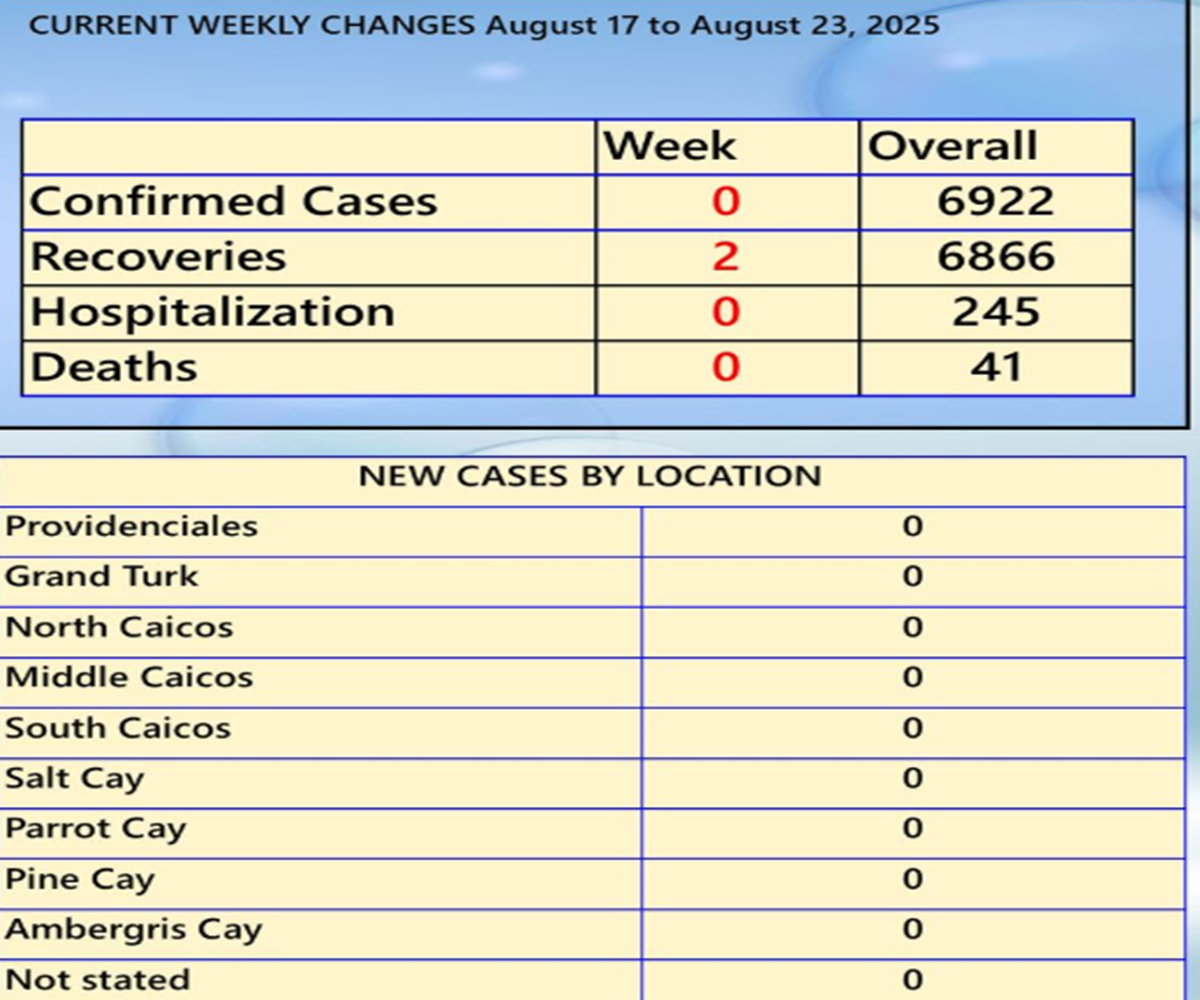Dr. Hon Pak, Vice President and Head of Digital Health Team, MX Business at Samsung Electronics talks about Samsung Health platform and its newest addition: Galaxy Ring
Today, more than ever, people are defining their own wellness goals. From looking to stay fit or gaining more muscle mass, achieving better sleep, or caring for personal or family physical and mental health issues, everyone’s goals for better health look different. But one thing is common, the daily management and path towards these goals can be complicated and challenging, and most importantly, it is defined by you.
That’s why at Samsung, we’re working to empower more people to manage their health – and those they care for – their way, with a comprehensive, yet simplified approach to everyday wellness. Our vision is to improve the health of billions through connected care centered around the home by connecting devices, services and people – like only Samsung can.
One of the biggest challenges the healthcare industry is facing today is fragmented data and how to bring it all together. Samsung is uniquely positioned to undertake this with one of the largest, most diverse connected device ecosystems. Now with Samsung Health, we’re connecting different devices and partner solutions within one cohesive platform, making it simpler to track health conditions on a Galaxy wearable.
By collecting data through advanced sensor technology, you’ll receive a deeper, more holistic understanding of your health with improved insights and integrated third party health data. And as always, your personal data on the Galaxy devices remains secure thanks to the Samsung Knox security platform.
Like any good data model, how you leverage the information is key. In this new mobile era of AI, Samsung is focused on remaining at the forefront of maximizing information. With the intelligence of AI, the most transformative technology of the century, users will receive more personalized insights and tailored health experiences through Samsung Health’s extensive global dataset from 64M monthly active users. And while every user’s wellness journey is unique, we believe they all start in the same way – by gaining a deeper understanding of their health through more comprehensive insights, spanning the longest time possible.
This is why we’ve continued to build a portfolio of tools that help track their health conveniently, continuously and accurately. This approach comes to life in our wearables portfolio with upcoming features like My Vitality Score[1] and Booster Card[2], combining more data with new intelligent analysis to deliver even more personalized and actionable guidance day and night.
With more data and greater intelligence, users will receive even more insights for preventative wellness end-to-end solutions, starting with sleep. We’ve developed a variety of features that offer users a deeper understanding of their sleep quality and other aspects of their health during sleep. For example, the sleep apnea feature, which recently received De Novo clearance from US FDA, will detect signs of moderate to severe obstructive sleep apnea – and often undiagnosed and untreated – chronic medical condition, so they can address it with their healthcare provider.
This is just the beginning. We’re working with partners to connect these capabilities to real world solutions and services that expand access to healthcare in the home. For instance, you can create a more optimal sleep environment with a smart mattress that can fine-tune the ideal sleep temperatures for rest.
Samsung recognizes that gaining a deep understanding of one’s personal health can result in significant long-term wellness benefits for our users. As we look to deliver on our vision of providing users with a comprehensive yet simplified approach to everyday wellness, we realize choice is a big factor. Obtaining accurate, detailed and advanced information on personal health conditions is the foundation of helping better track and action change.
Mobile devices will become the primary access point for AI, and through Samsung Galaxy – with our broad and comprehensive product portfolio, heritage of innovation, and philosophy of open collaboration – we’re well positioned to accelerate its global expansion. That’s why we’re thrilled to be introducing Samsung Galaxy Ring later this year – bringing Samsung’s accumulated innovations to the smallest form for comfortable 24/7 wear. As a new addition to our wearables portfolio, Galaxy Ring will offer users an all-new way to simplify everyday wellness, empowering them with greater insights and more ways to understand themselves day and night. With Galaxy Ring, users can embrace an unrivalled experience during every step of their wellness journey, all while being delivered in lockstep with Samsung’s broader vision for a more connected, integrated and seamless digital wellness platform.
Samsung will continue to enrich and expand Galaxy AI experiences across our product categories and collaborations to bring forward mobile experiences that defy imagination. The launch of Galaxy Ring is just one of Samsung’s many initiatives that exemplifies this and delivers on our vision of improving the health and wellness of billions, starting at home, with you. Through the power of intelligence, partnerships and advanced technology, we’re helping more people better understand themselves and make the small changes that have a big impact, every day. With this, the power of Galaxy AI, and many more exciting health and wellness solutions and updates on the horizon, we can’t wait for you to see what we have in store.

 News4 days ago
News4 days ago
 News1 week ago
News1 week ago
 Caribbean News5 days ago
Caribbean News5 days ago
 News4 days ago
News4 days ago















